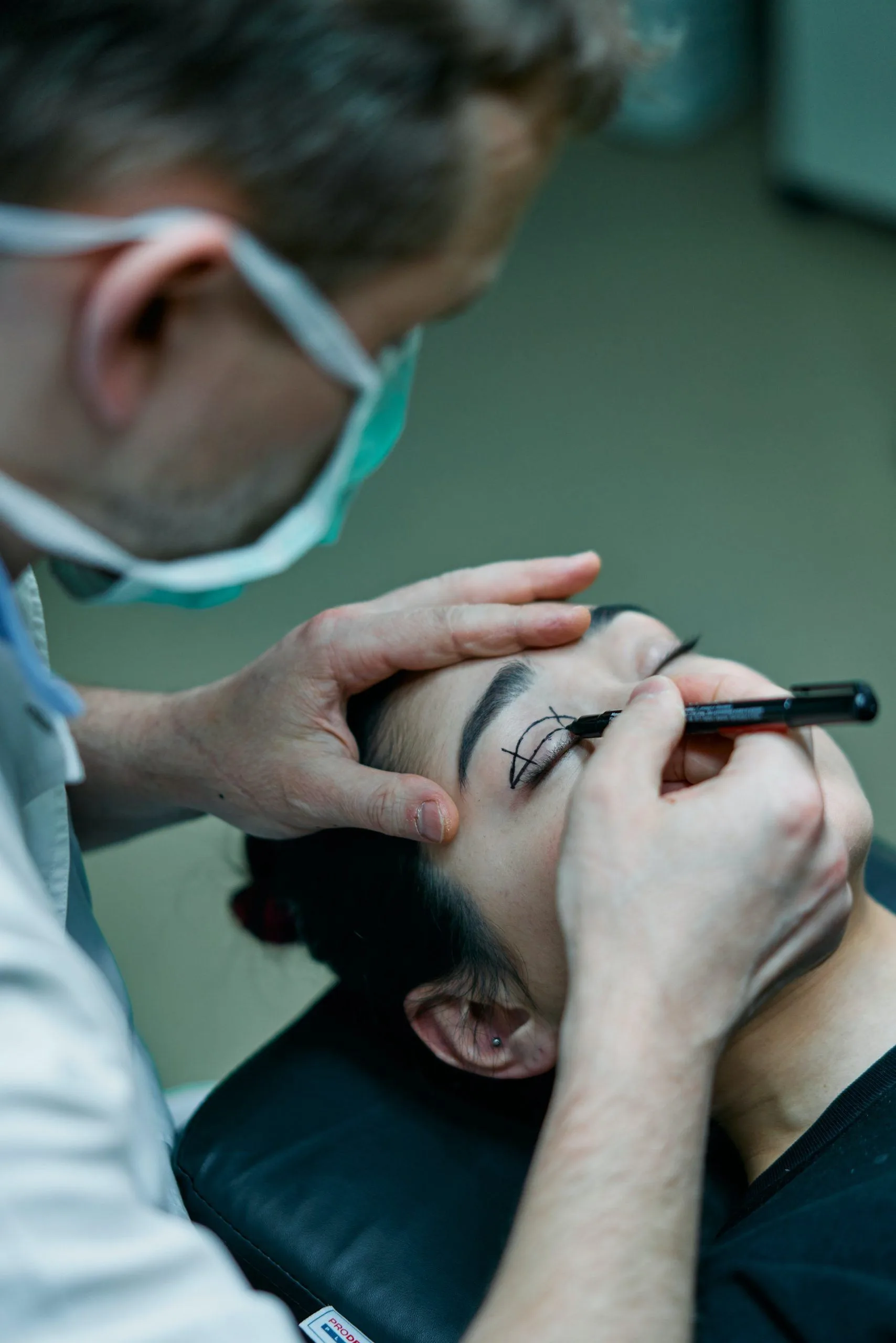Plastic surgery has come a long way since its inception, with more and more people choosing to go under the knife than ever before. As common as plastic surgery may seem, it is important to note that whilst some decisions in life can be taken lightly, cosmetic surgery isn’t one of them. The choice to permanently alter any part of your body is one that is deeply personal and thus requires a considerable amount of research, thought, and introspection.
If you are someone who is considering undergoing a cosmetic surgery procedure, here are 6 questions that you need to ask yourself before going under the knife.
1. Have I Done Enough Research On My Plastic Surgeon?
With hundreds of plastic surgeons to choose from, taking the time to research your options and find a surgeon who is the best fit for you is key. Ideally, you’d be searching for a plastic surgeon who specializes in the particular area you are looking to alter. For example, be sure to do your research into the best facial plastic surgeon. If you are interested in procedures such as a rhinoplasty, facelift, or brow lift.
By ensuring that you are comfortable with your surgeon and that they are qualified to the highest degree, you are much more likely to have excellent results. In Australia, it is imperative that you make sure you choose a cosmetic surgeon who is certified by the Australian Society of Plastic Surgeons. We always recommend going in for a consultation rather than picking or choosing online as you will be better able to judge with your instincts if you feel comfortable with a surgeon’s skills, office facility, and more.
2. Can I Handle Pain & Recovery?
Doing thorough research into what to expect before, during, and after surgery is absolutely vital as many procedures require patients to take time off work in order to recover. Recovery can also involve a great deal of pain depending on what procedure you have had done, and may result in bruising and swelling that will require you to alter or change your lifestyle during the recovery period.
Many surgeons suggest that patients limit movement and exercise during recovery, and avoid smoking or exerting the body for a minimum of at least one month or up to as long as a year. Some important things to ask yourself are whether you are willing or able to take time off work and if your life circumstances allow for restricted movement. The more informed you are, the better equipped you will be to manage your pain and recovery successfully.
3. Do I Have Unrealistic Expectations About Surgery?
Unfortunately, many patients go into plastic surgery with sky-high expectations, only to be disappointed with their results. Plastic surgery has come a long way and procedures are now more advanced than ever. However, it is vital that patients understand the limits of surgery and adjust their expectations accordingly.

Photo by Ehsan Ahmadi on Unsplash
For example, a facelift can do wonders and shave years off your face, but it doesn’t prevent future signs of aging from occurring. Similarly, procedures like liposuction are designed to remove fat cells from certain areas of the body, but cannot prevent future weight gain in other areas of the body as a result of poor diet and health choices. Cosmetic surgery isn’t going to instantly make your life picture perfect either, so be sure to consult with a therapist if you are having deep-rooted issues with self-esteem or confidence.
4. What Are The Risks Associated With My Procedure?
In most cases, things usually go smoothly in the majority of plastic surgery procedures, but that is not to say that it is risk-free. All surgery comes with its own set of risks, and it is important that you familiarise yourself with the risks associated with your procedure. Some risks involved may include scarring, infection, nerve damage, unexpected reactions to anesthesia, fluid build-up, and excess bleeding. Certain pre-existing health conditions may also contribute to a higher level of risk. This is why undergoing a full health examination with a qualified doctor is always advised before making the decision to go under the knife.
5. Do I Have Alternative Options?
Making the decision to permanently alter any part of your body is something that should not be taken lightly. As such, looking into alternative options before making the final decision to go under the knife is always advised. If you are someone who is looking for a quick fix to remove unwanted kilos from your frame, it is vital that you consider diet and exercise before making the decision to undergo plastic surgery. Similarly, less invasive procedures should be taken into consideration before making your final decision. If you have exhausted all alternative options, then plastic surgery may indeed be your best option.
6. Am I Willing To Undergo More Than One Procedure?
While in most instances one cosmetic procedure is all it takes to achieve your goals, it is important to realize that occasionally, revision surgery may be advised due to complications in recovery or simply because you are unhappy with the final result. Adverse or allergic reactions to implants or injected substances may also result in complications that lead to additional surgeries. Ask yourself — are you willing to undergo more than one procedure if necessary? If the answer is no then plastic surgery may not be the best option for you.
Conclusion
As tempting as it may be to jump the gun and dive headfirst into plastic surgery, ensuring that you have done your due diligence and have asked yourself these 6 questions is an integral part of ensuring the most successful outcome.





![women [longevity live]](https://longevitylive.com/wp-content/uploads/2020/01/photo-of-women-walking-down-the-street-1116984-100x100.jpg)










